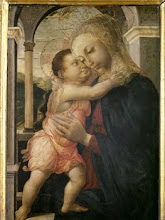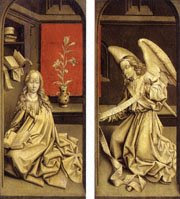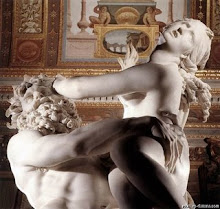



BEGA, Cornelis
(b. ca. 1631, Haarlem, d. 1664, Haarlem)
Biography
Dutch painter, draughtsman and etcher. He was born into prosperous circumstances; his mother, Maria Cornelis, inherited half the estate (gold, silver, paintings, drawings and prints) and all of the red chalk drawings of her father, Cornelis Cornelisz. van Haarlem, a renowned Mannerist artist. Bega's father was Pieter Jansz. Begijn (d 1648), a gold- and silversmith. Like other family members, Bega was probably Catholic. Houbraken's claim that Bega studied with Adriaen van Ostade is likely to be correct; this was probably before 24 April 1653, when Bega joined Vincent Laurentsz. van der Vinne in Frankfurt for a journey through Germany, Switzerland and France. Bega had returned to Haarlem by 1 September 1654, at which time he joined the Guild of St Luke; he was already a competent draughtsman, as indicated by his first extant dated work, Interior with a Nursing Mother (1652; Frankfurt am Main, Städelsches Kunstinstitut), and by a remarkable double portrait (Amsterdam, Rijksmuseum) drawn by him and Leendert van der Cooghen in 1654.
He painted the same kind of peasant genre scenes as his master Adraen van Ostade, but his work is far inferior. Bega's principal subjects were taverns, domestic interiors, and villages, with characters ranging from nursing mothers and prostitutes to gamblers and alchemists. Between about 1660 and 1664, his genre scenes became more colorful, less populated, more emotionally expressive, and more focused on the fine details of object textures.
Among those influenced by Bega was Jan Steen. Later European artists imitated Bega's style and borrowed characters from his dramas. Bega also drew, etched, and made counterproofs in a variety of materials. His life was probably cut short by the plague.
























.jpg)

.jpg)










